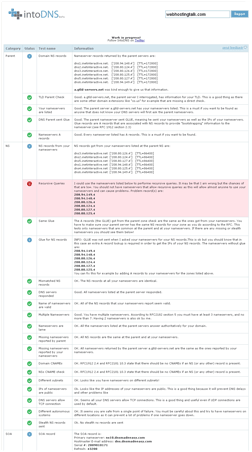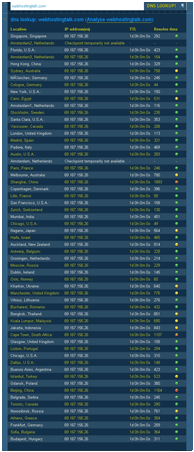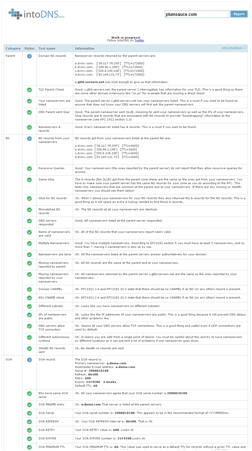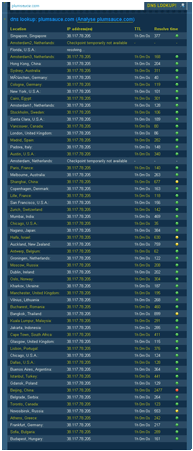unicast and anycast speed comparison
![]()
Advocates of anycast dns services claim that anycast dns is inherently faster than unicast dns. These claims are often made as self-evident fact without further substantiation.
However, it is possible to test this claim using publically available tools from independent sources.
just-dnslookup.com is a site that times dns lookups from 59 globally dispersed data centers as of the time of this test.
intodns.com was used to verify the published authoritative name servers for each domain.
The tests were performed for a domain using anycast dns and a domain using unicast dns. The results show that not only is unicast competitive with anycast, it is often faster. The claim that anycast is inherently faster than unicast is simply not viable in the light of these test results.
A note of caution for those wishing to try to duplicate the results is in order. The dns servers used by just-dnslookup.com appear to respect the TTL sent by the authoritative dns servers. If a test is repeated before the TTL has expired, the lookup result is the time taken to retrieve the result from cache. If this happens, the tester must wait until the TTL has expired before trying the test again.





